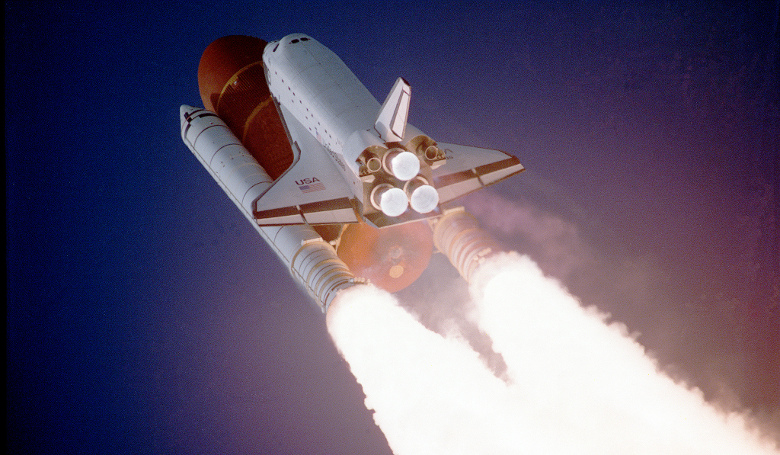Many people dream about entering a career in space exploration. When we were young children, we dreamed of becoming an astronaut, but as we age, many of us look into the other careers surrounding space exploration. Whether your interest is space technology, engineering, or communications, there are a number of degrees that can set you off on the right track. We’re going to take a look at some of them in this article.
Astronomy
Astronomy
is the study of the planets, stars, and all the other bodies that
make up the universe. Once qualified, astronomers create theories to
try and explain how the universe operates. There are a number of
specialized roles in the field, so while you could study the universe
as a whole, you could also choose to specialize in studying the
stars, the planets, the sun, or the galaxies. You’ll want to
obtain a Ph.D. in astronomy to get started in this career.
Engineering
Everyone expects NASA to employ scientists, but they also employ a lot of
engineers too. With an online masters in engineering, you can find a
job creating spacecraft, developing technology for use in space, and
even work on creating missiles. NASA’s engineers create prototypes
to test the performance and safety of their designs. If all goes
well, their designs could be used for future space exploration. It’s
possible to
study for a degree in engineering online too!
Avionics Technology
When the high-tech gear on spacecraft breaks, people are needed to fix it.
This is what an avionics technologist does. They both repair
spacecraft and complete maintenance on it to ensure that it is
working as it should.
Avionics technicians can get a job working for NASA with just an
associate’s degree. This is because the career doesn’t require a
huge educational background but it does require physical dexterity,
as well as mechanical and troubleshooting skills.
Accounting
This is perhaps one of the more surprising degree options on this list,
but NASA, like every other company, requires accountants to ensure
that its finances are above par. Accountants will create financial
statements and documents detailing how the budget is being spent and
what on. They may also work on business audits and advise NASA on
ways to cut costs while still ensuring safety.
Physics
Finally, one last good degree option is physics. Physics is the
studyof space, time and energy, and physicists work on everything from
the machinations of molecules, to how tiny atoms make a difference to
the universe. This degree is closely tied into astronomy and those
who want to work for NASA will often specialize in a space field
towards the end of their degree course. Many go on to take Ph.D.
programs to specialize even further.
If you are interested in a career in space exploration but don’t want to become an astronaut, consider taking one of the above five degree courses instead.











